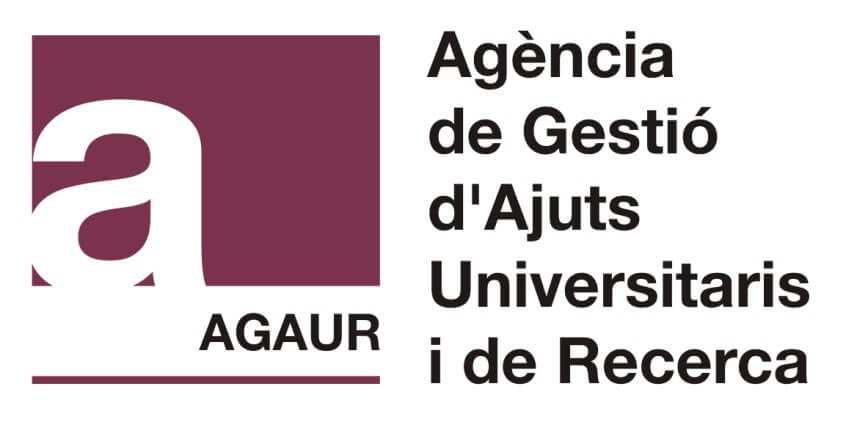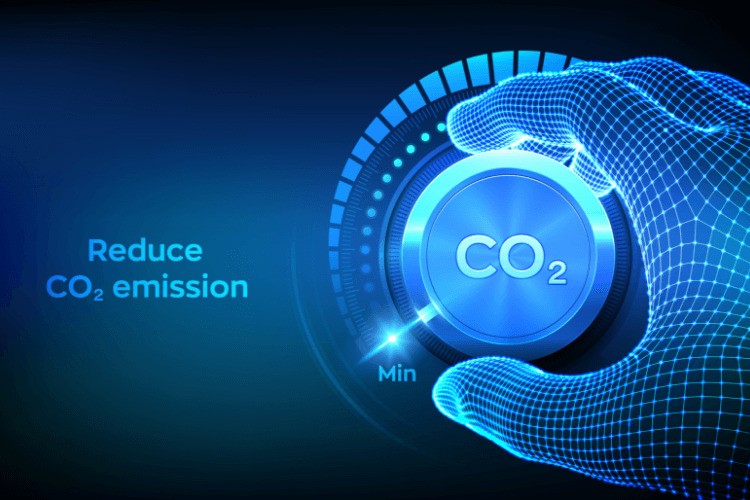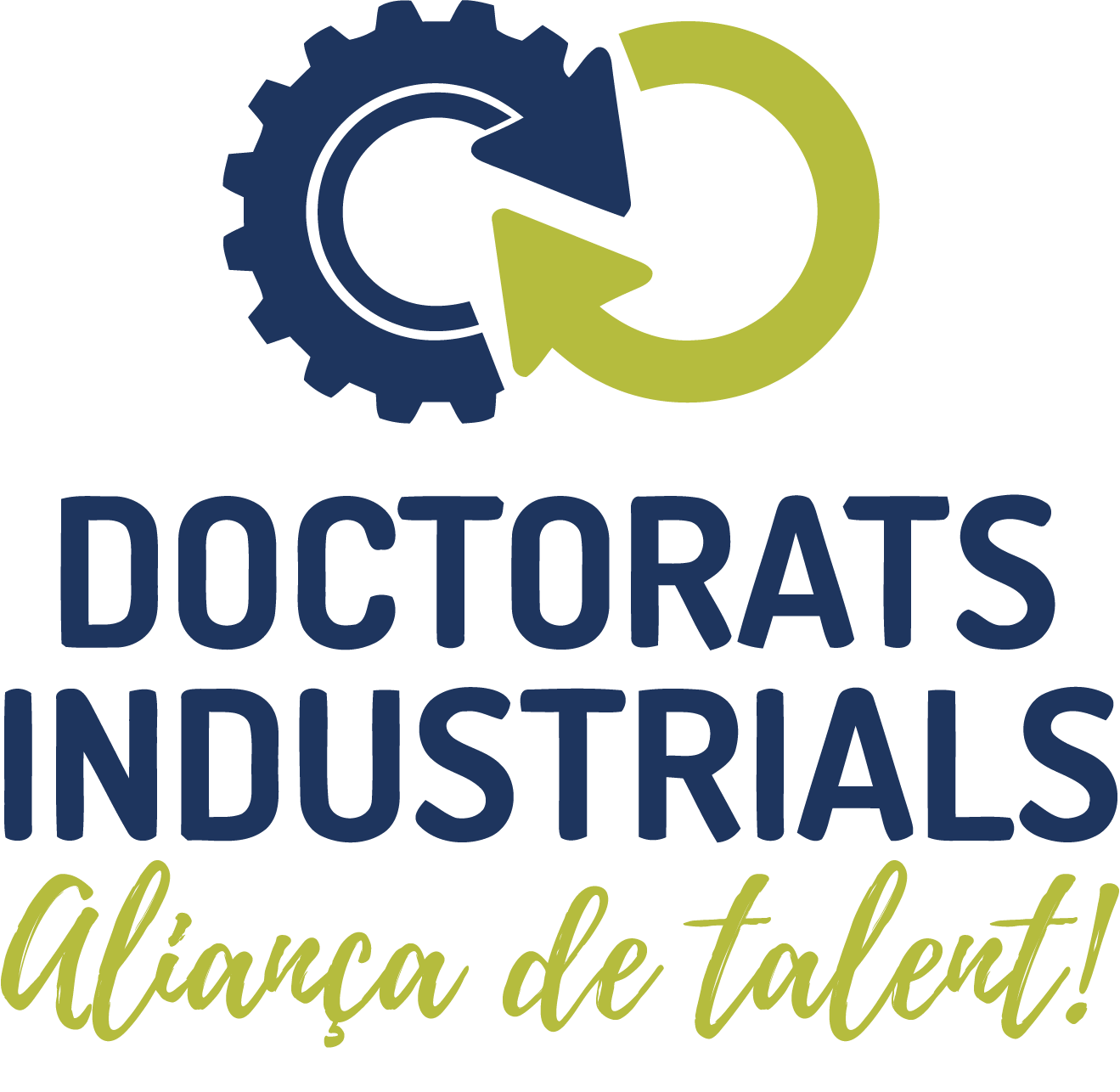CO2 Capture and Reuse Technologies
Increasing emissions and the rise in the concentration of carbon dioxide (CO2) in the atmosphere have become very critical environmental issues. On average, more than 250 million tonnes of CO2 are emitted annually in Spain as a result of human activity, with high costs for rights to emit this gas. In the industrial world, the need to find greener alternatives with circular economy approaches is more relevant than ever.
CO2 is a raw material that is used in many industrial sectors, as well as purchased on many occasions, while significant amounts of this gas are produced in processes themselves or in combustion chambers, then emitted as a pollutant. The solution using a circular economy process for capturing and using CO2 (CCU – Carbon Dioxide Capture and Utilization) represents a benefit for the finances of industries themselves and, above all, for the environment. In addition to mitigating the effect of CO2 emissions, CCU processes represent a safe energy supply and reduce the consumption of fossil fuels. For CCU to be viable, it is necessary to implement economical techniques for CO2 capture and utilization such as adsorption, absorption, separation with membranes, cryogenic separations, and more, which can be implemented at industrial emission points.
The GESPA group at IQS and the company GasN2 have been collaborating for some time now on the development and implementation of their own technology for capturing CO2 from industrial emission sources, which has been successfully achieved with the absorption process through the use of new adsorbents. The process of capturing CO2 through Vacuum Pressure Swing Adsorption (VPSA) is considered a very promising technology due to its energy efficiency and the flexibility of its operation. Moreover, it does not generate waste and it reduces costs since it is a smaller-sized adsorption installation.
OptiCCU Project
With the OptiCCU project (Optimization of a carbon capture and use (CCU) technology in the food industry), IQS researchers, led by Dr Rafael González Olmos and Dr Javier Fernández García, and GasN2 researchers are now seeking to go even further and improve VPSA technology both in terms of the adsorbent material and in terms of the operations themselves to improve the energy consumption associated with solvent regeneration and minimize the associated corrosion issues.
The objective of the project is to design, improve, and develop VPSA technology to construct efficient and effective equipment to capture CO2 from power plants for fossil fuels so its application in the industrial sector for the recovery and use of carbon dioxide can be economically viable.
Applications of VPSA technology
Many of the applications regarding CO2 use fall within the food industry (beverage carbonation or meat processing, for example). It is also used in wastewater management, as a pH controller.
In all these cases, along with many other applications, VPSA technology for CO2 recovery and reuse through adsorption, put forth as a proposal for gas recovery from the emitting sources themselves, poses a clear circular economy solution as well as a real functional and economic alternative, with environmental significance for the use of this gas.
Related publication
A Gutiérrez-Ortega, A. Melis, R. Nomen, J. Sempere, J. Fernández, O. Pou, R. Gonzalez-Olmos, .
The project “Optimization of a carbon capture and use (CCU) technology in the food industry” (OptiCCU) is a 2022 Industrial Doctorate funded by AGAUR under the Government of Catalonia (Q-080117-C), and is being developed between the company GasN2 and the Institut Químic de Sarrià (Universidad Ramón Llull).
RELATED PEOPLE:
RESEARCH GROUP
Engineering and Simulation of Environmental Processes Group
RELATED PROJECTS
OPTICCU (Optimization of a carbon capture and use technology in the food industry)






